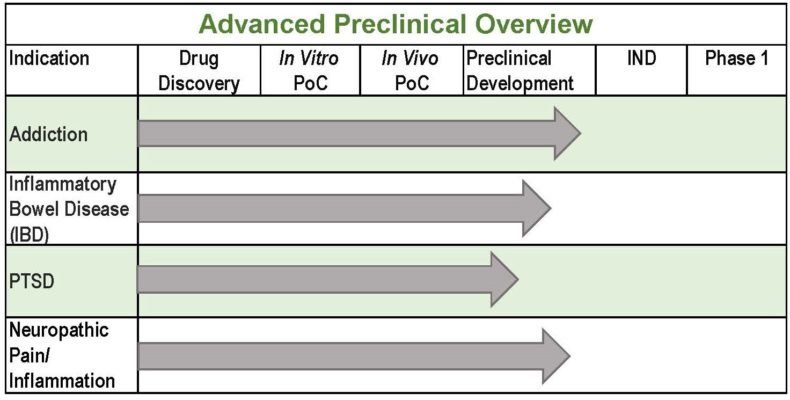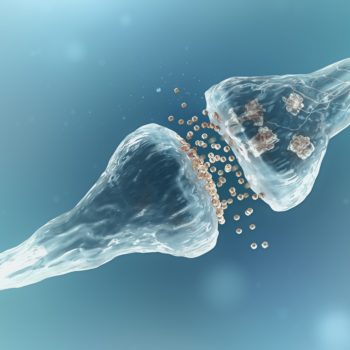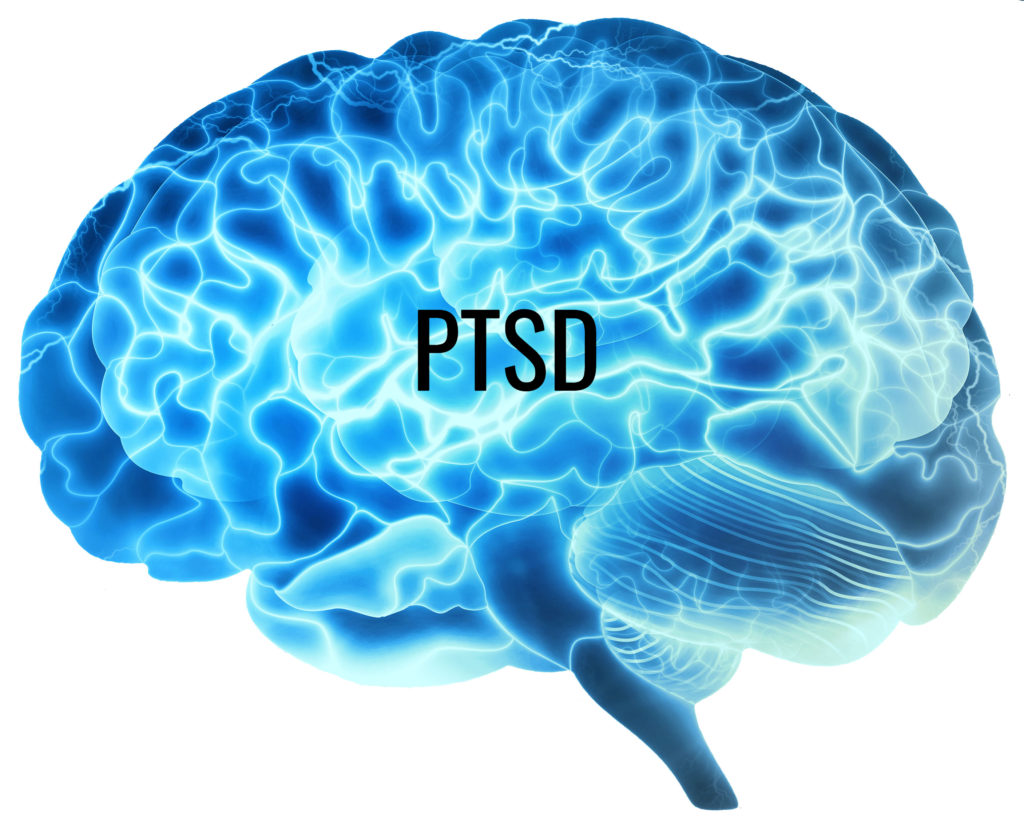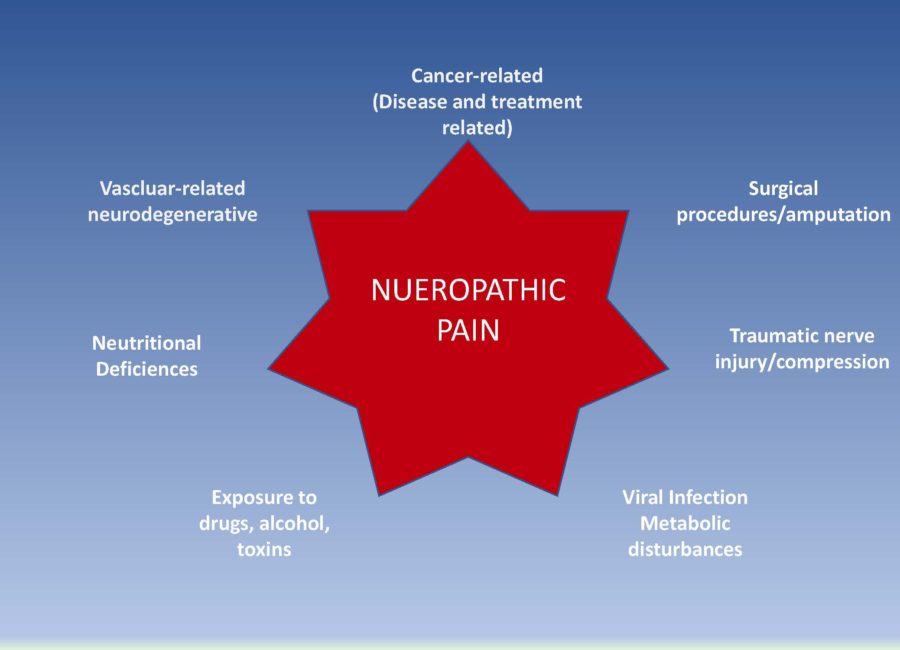Ulcerative colitis (UC) and Crohn’s Disease are chronic inflammatory bowel diseases (IBD). Whereas Ulcerative colitis affects the large intestine including the colon and rectum causing inflammation in the innermost lining of the intestine, Crohn’s disease may develop anywhere in the BI tract from the mouth to the anus although it most commonly occurs at the end of the small intestine.
IBD affects men and women equally and although it may occur at any stage of life, it most often starts between the ages of 15 – 35. The causes are not fully understood but it is thought that a combination of genetics, environment and an overactive immune system are the culprits. While both diseases are chronic and require treatment over a patients’s lifetime they may vary in severity.
In the United States alone there are more than 3.5 million sufferers and current therapies benefit only a small fraction of the population. The current treatments of 5-ASA, cortiosteroids, immunomodulators, TNF-a inhibitors monocolonal antibodies (a4-integrin blockers) result in only a 30% refractory rate, induce sever side effects and have a high cost.
PafosPharma focuses on ulcerative colitis, an idiopathic chronic recurrent inflammatory condition that affects the colon. AM11095, a NAAA inhibitor, has shown effectiveness in preclinical models of Ulcerative Colitis (UC) and Crohn’s disease (CD). In colitis mouse models as well as in human biopsies it exhibited significant depression of inflammatory biomarkers. In treatment of TNBS-induced colitis mice NAAA has been shown to down regulate pro-inflammatory mediators and reduces systemic inflammation. In biopsies obtained from the most inflamed areas of the human colon or ileum AM11095 induced significant cytokine downregulation in mucosal expalants. Pafos is continuing its collaboration with a major hospital in testing human samples.





